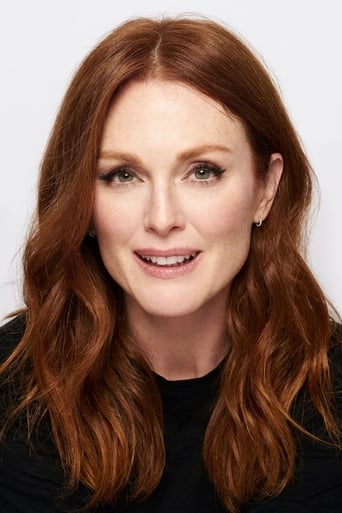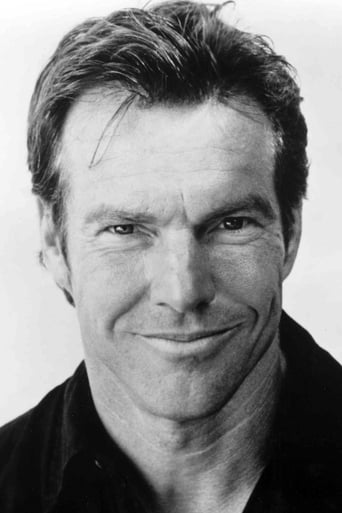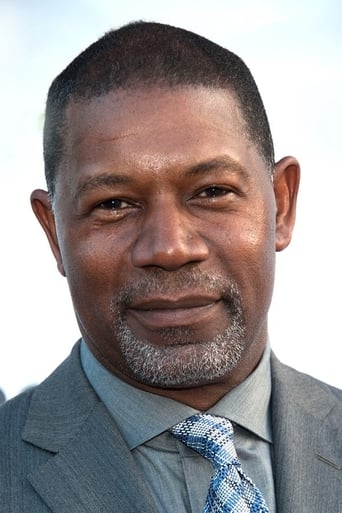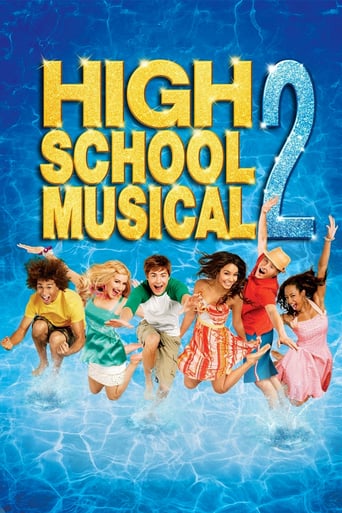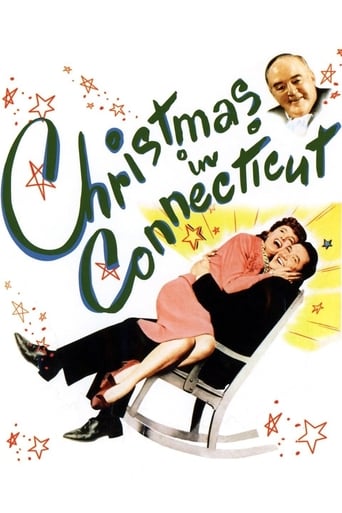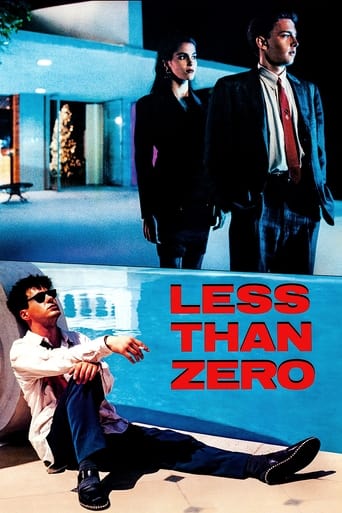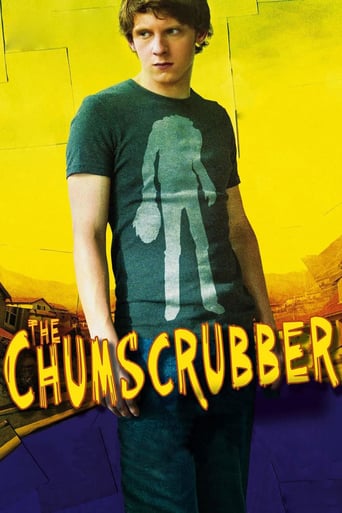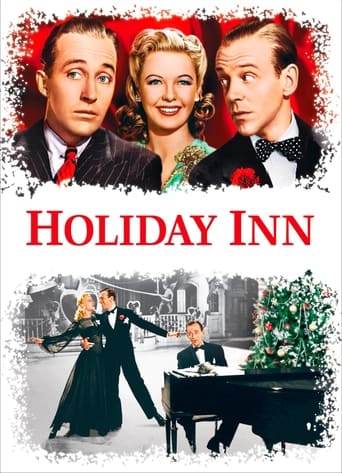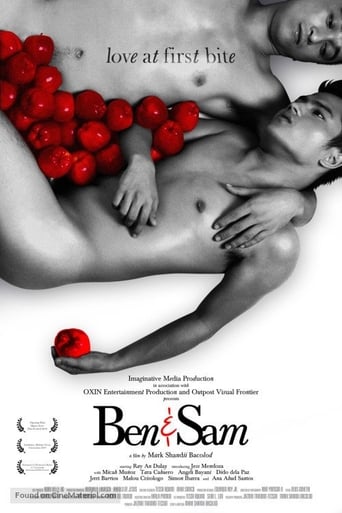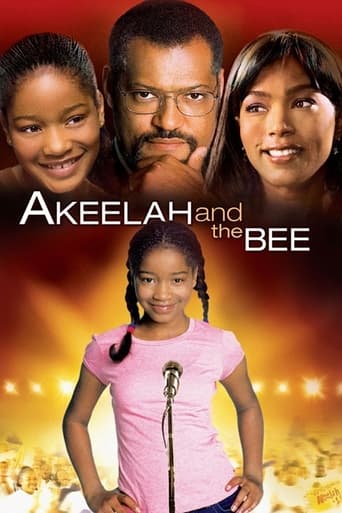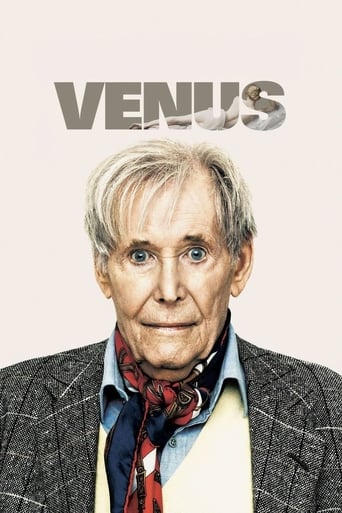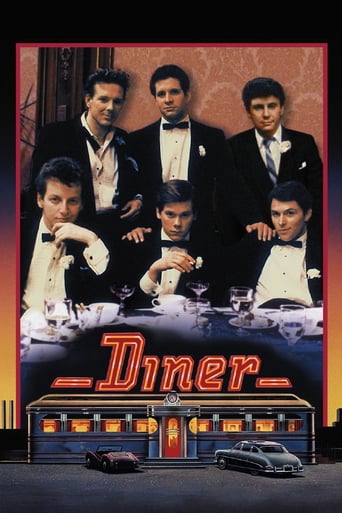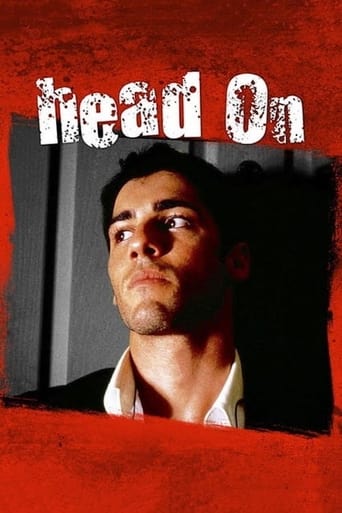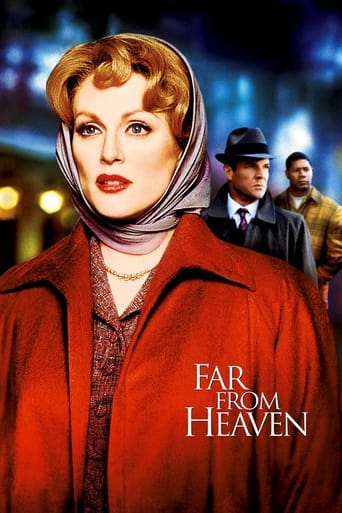
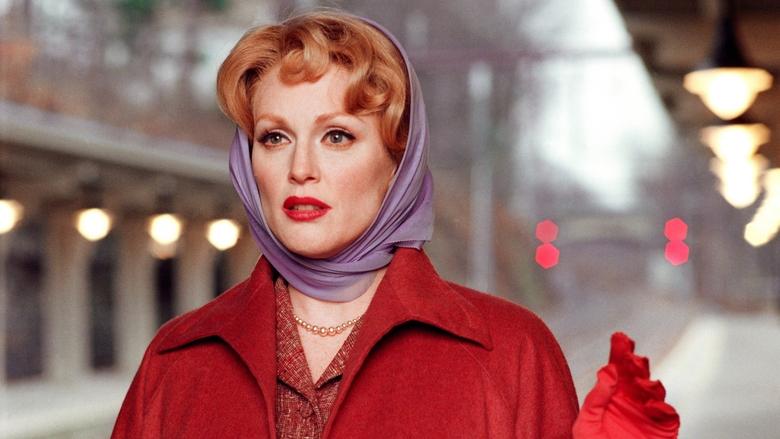
 Watch Now
Watch Now




Far from Heaven (2002)
 Watch Now
Watch Now




In 1950s Connecticut, a housewife's life is upended by a marital crisis and mounting racial tensions in society.
Watch Trailer
Cast


Similar titles
Reviews
Great Film overall
By the time the dramatic fireworks start popping off, each one feels earned.
The film never slows down or bores, plunging from one harrowing sequence to the next.
The movie's neither hopeful in contrived ways, nor hopeless in different contrived ways. Somehow it manages to be wonderful
The eight weeks between the Academy Awards and Memorial Day represent a period of time that film aficionados like to call movie purgatory. The Oscar-nominees are old news and the summer blockbusters are not yet here. Often in this period we get the wretched refuse-the poor, tired, muddled messes yearning to be movies. There are a good number of candidates playing right now but instead of reviewing them I would rather review one of the Oscar nominees coming out on video this week. So I will.Todd Haynes' Far From Heaven is a poignant and moving film about life in the fictitious fifties. It's not that the fifties are fictitious (I was there, I know) but the mythical version wherein the fifties were near to heaven is what is being challenged here. The theme is similar to that of Pleasantville, but the tones and sensibilities are very, very different.Julianne Moore plays a housewife at the center of the storm. Moore is one of those great actresses who has had the good taste to be cast in offbeat, independent films of great quality. This year she was in two somewhat offbeat films, The Hours and Far From Heaven. She plays a fifties housewife in both films, but in The Hours her story is one of three interwoven vignettes and there is not much time for character development by way of a dramatic arc to the character. Far From Heaven gives her room to move and move she does.She plays the wife of a successful businessman (capably played by Dennis Quaid), and they represent the all-American success story of the fifties complete with suburban home, family, the esteem of the community and so forth. There are actually only a few minor complications along the way. Her husband is gay and an alcoholic. As they come to terms with both of these facts, they see their model life unraveling fast. They find a doctor who they hope can make the problems go away, but things don't work out quite the way they hoped.In the midst of her despair, Moore's housewife keeps the secrets and tries to keep a stiff upper lip. She eventually finds understanding and solace in conversations with their gardener. The gardener is a college-educated man who owns a nursery. He is articulate, sophisticated, and a caring human being. He is also a black man living in a New England town in the fifties.When their friendship is interpreted as something more than a friendship, gossip permeates the town and relationships are strained to the point of breaking. She refuses to expose her husband's infidelities while she is being accused of improprieties herself.The subplots make it clear that this is really a film about social intolerance and deception, especially self-deception. We kid ourselves when we convince ourselves that our current reality, our epoch in history, is the next best thing to heaven. We usually do so by sweeping problems under the rug. By exposing the dark side of prejudice and intolerance in the fifties this movie shows us how far from heaven we really were-and are.
Far From Heaven, while entertaining in its own right, would be especially enjoyable to fans of Fifties movies. It is not just set in the Fifties, it appears to be a Fifties movie, in its look, plot structure, even acting styles. Present-day attitudes are overlaid on the story, but very subtly. This is more than a tribute to Fifties films; it is a Fifties film. The story itself is typical of films from that era. A seemingly happy, conventional, middle class Connecticut couple experiences turmoil when the husband (Dennis Quaid) confesses to sexual confusion. His wife (beautifully played by Julianne Moore) turns to a black friend for friendship and comfort, which shocks their circle of acquaintances and causes her seemingly perfect life to be thrown into confusion. It is a well written, consistently engaging story with a good cast. Making it as a re-created Fifties movie adds irony and interest. A very enjoyable film.
I've never seen the Douglas Sirk melodrama films of the 1950s though they're definitely on my to see list. Far From Heaven is a clear homage to that sub-genre of film, with some slick dialogue that feels straight out of a film-noir, and it begs the question, can this work in contemporary cinema? While some parts don't, the answer is mostly yes. It's a quietly touching film focusing on taboos of the time that seem strange yet sadly familiar to today. I love how the film always tenderly approached its issues and conflicts but it's a shame that when these come to their melodamatic boil that it sometimes feels out of place, especially as it's a homage designed to reach these moments. But I do think that's mostly due to the use of score as the acting and writing are always at their best as well as the magnificent lighting and cinematography. Julianne Moore gives a great subtle and utterly sincere performance that ranks among her finest but the true surprise standout is Dennis Quaid who is at his career best. Patricia Clarkson and Dennis Haysbert are delightful on the side, the only false note in the acting is the irritating misguided Ryan Ward, who plays Moore's son, but fortunately his appearance is brief.8/10
Is this the greatest American film of the "Noughties"? There Will Be Blood might have something to say about that, but Far From Heaven is as damn near to a perfect piece of filmmaking you'll ever see. Todd Haynes would go on to create the solid TV adaptation of Mildred Pierce across five hours. Here, in 100 minutes, he tells a more profound, focused, and affecting story about how so-called civilised society restricts the individual's ability to self-actualise.1950s Connecticut. Julianne Moore plays the committed housewife, Cathy. Her husband is Frank, played by Dennis Quaid. Together they are Mr and Mrs Magnatech. When Kathy stumbles upon Frank kissing a man, their perfect facade begins to crumble. Frank seeks a "cure"; Kathy seeks solace and comfort in her black gardener, Raymond (Dennis Haysbert); while the world around them seeks salacious gossip.The elegance with which these strands play off each other is romantic, poetic, even operatic. Haynes' script and direction, and the performances, mimic the melodramatic style of the films of the period in which this one is set - the socially conscious films of Douglas Sirk and Max Ophuls are obvious stylistic and thematic inspirations. This is not a film without humour, but the humour is never ironic. Never does Haynes mock the past or wink at the audience of the present.It may take time to adjust to the heightened performances - remember this is a style of medium-shot filmmaking from a former time, before these days of close-ups and naturalistic acting. There is detail in the work of Moore, Quaid, and Haysbert (look closely at the almost imperceptible change in Raymond's eyes as Kathy bids him farewell outside the movie theatre) - but there is just as much drama in the film's stunning cinematography, and in its bold use of lighting and colour, including the beautiful costumes. It's a film that could practically function without dialogue. It is also a film that should endure for another 50 years, and beyond.


